Montanan You Should Know: Mike Honeycutt, Executive Officer at the Montana Department of Livestock
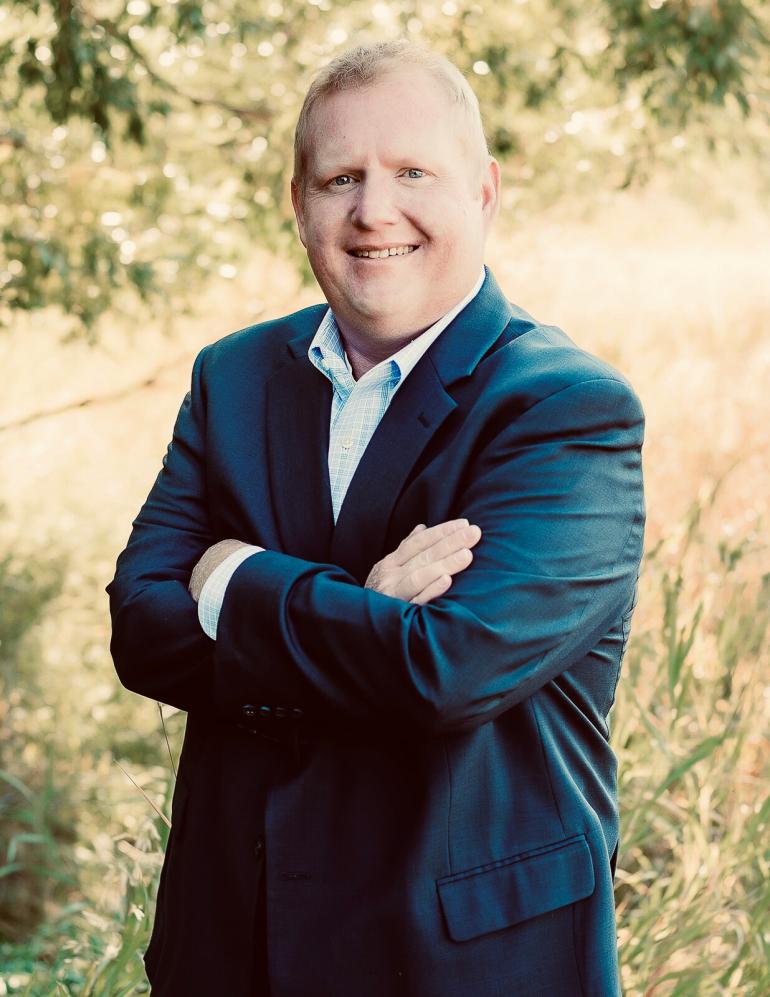
The thing most people don’t know about the Montana Department of Livestock is: The DOL is a very diverse organization. Many are familiar with our law enforcement function dating back to the days of the territorial government, but we also are engaged in protecting animal and human health.
An agent of the Montana Department of Livestock will spend most of their time: Interacting with landowners, livestock producers, and other law enforcement agencies (such as sheriffs’ offices) in their assigned district. It is a very public-facing role.
The biggest difference between the Department of Livestock as depicted in pop culture (Yellowstone, for example) and reality is: That our work is not as controversial or as exciting on a daily basis as depicted. Also, the real Montana Department of Livestock is much more diverse in its overall mission than how it has been shown on TV. Like any law enforcement agency, the way you are depicted on TV is nowhere near real life, although there are threads of truth embedded.
The most common misconception about the livestock industry in Montana is: That it is not good for the environment or is incompatible with our goals for public lands. Livestock producers are conservationists who want to protect our public spaces as much as anyone. By using our range to produce livestock, we sequester carbon, reduce fuels for wildland fires, and produce a nutrient-dense product from a renewable source that would be inferior for direct human consumption. That is pretty amazing when you think about it in those terms. Not to mention how much that activity boosts rural economies.
The most important skill for an agent of the Montana Department of Livestock working on brand investigations to have is: Being a good and patient listener. Many situations require they take information from multiple parties to try and ascertain exactly what is happening in a particular situation and the type of action they should take. Also, given the independent nature of their work, they must be self-motivated and highly dependable because they often work without close supervision day to day.

The accomplishment of which I’m most proud is: In the past five years the image and credibility of the agency have increased tremendously. Our Board of Livestock, employees, and the livestock industry all share in that accomplishment. The agency did not have a great reputation in years past due to questions about how it was managed, but we have largely overcome that image.
I think the future of the livestock industry in Montana looks bright because: The world wants quality and affordable protein and Montana livestock producers are some of the best in the world at producing it effectively and efficiently. Livestock producers have a role to play in fighting hunger around the world, addressing climate change, and promoting human health. Regardless of what some in the media may say, livestock is an essential industry and will continue to be into the future.
The biggest challenge that I face in my job is: Always dealing with multiple constituencies and interest groups. What seems like the right answer to one group can be wrong for another. It takes a lot of negotiation to find compromises that work. It is also difficult in a leadership position to sometimes know that the right thing to do may not necessarily be the popular one.
The one thing I wish more people knew about my job is: That our agency is governed by laws and rules. I think many people think those of us in government leadership have a lot more discretion than we actually have. Most decisions we make are grounded in the law that presides over and applies to that particular situation. I find myself telling people often that if they don’t like the decision we are making, then the only way to change that is to ask their legislator to change the law.
My favorite thing to do to unwind after a long day of work is: To spend time with my family, either enjoying the outdoors or just having a quiet evening at home. When you are in a role that is public-facing all day, you seek peace and quiet where you can.
My favorite Western movie (or book) is: The movie Open Range. I favor it because it depicts that time period when the West was changing as barbed wire, homesteading, and resident ranching were changing how the landscape would be used. It is especially poignant for me because the Department of Livestock was formed out of that change from the Wild West to ranching as it has become today.
If I’m going out for a nice dinner and want a Montana steak, my favorite cut to order (or place to order it) is: Prime Rib or a good Ribeye cooked medium-rare. I like the flavor of the fat marbling and its tenderness. Of course, the great thing about beef is that it’s a product that can fit almost anyone’s health needs or budget.
The thing I’m most thankful for as a Montanan is: The lifestyle Montana provides. Where else can you live and be minutes away from lakes, rivers and mountains that are publicly available for your enjoyment? I think we take for granted that we get to live every day where many only get to vacation.

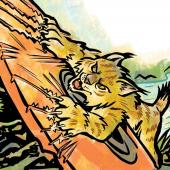

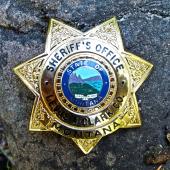

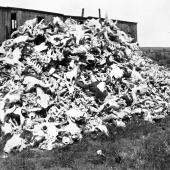
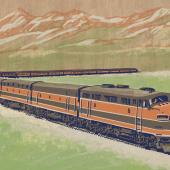
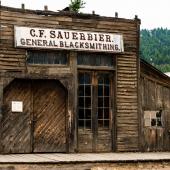





Leave a Comment Here